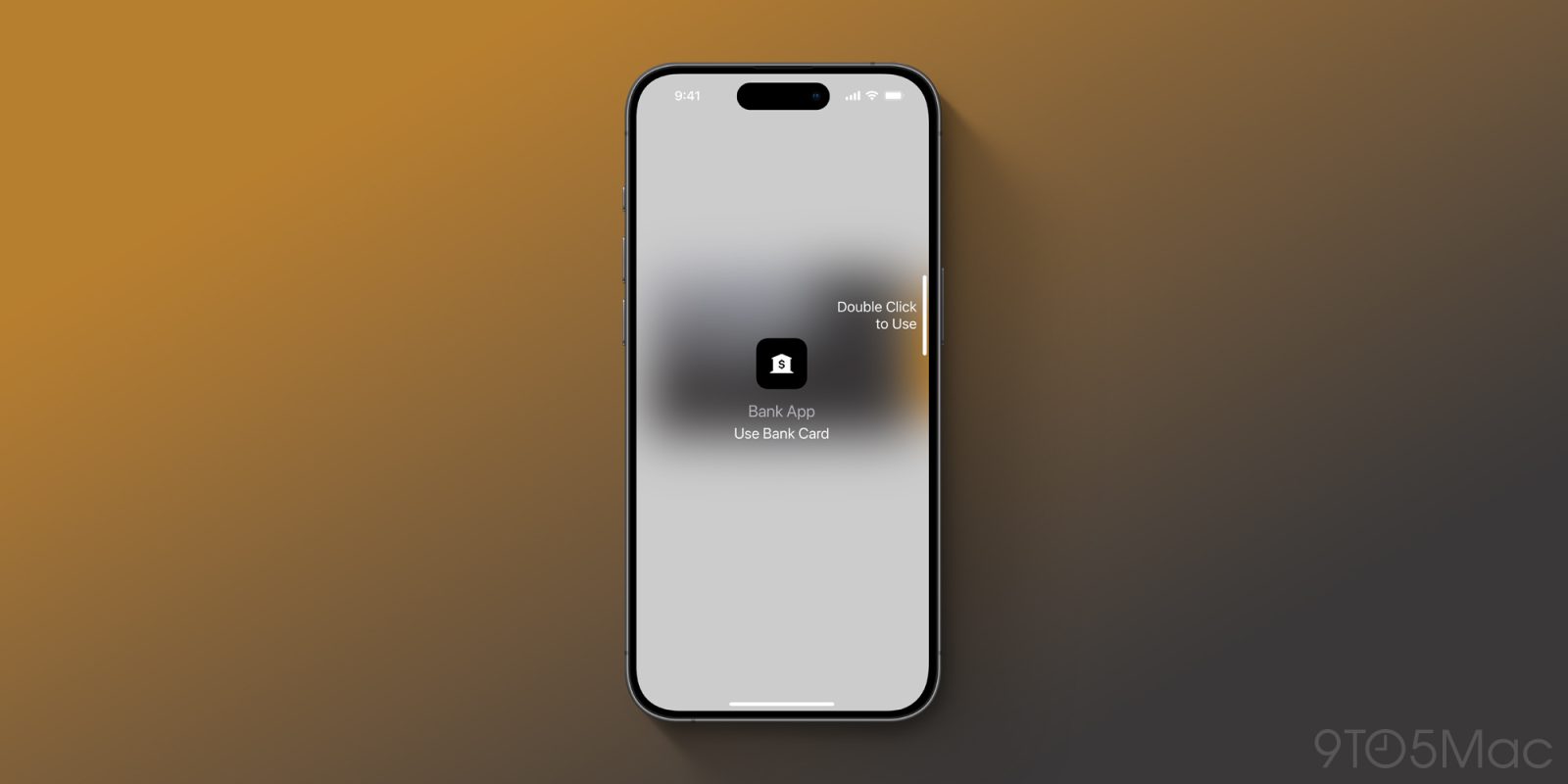
Apple announced on Wednesday that it will open up the iPhone’s NFC chip to third-party apps, just as it did earlier this year for developers located in the European Union. The new API will be available in a future iOS 18.1 beta, and it opens up a whole new world of possibilities for iPhone apps. Read on as we detail what developers can do with the new NFC API for iPhone.
Understanding NFC on the iPhone
iPhones have had NFC for years. Near-field communication technology allows devices to transmit data wirelessly over a really short distance, and it is widely used for contactless payments. Apple adopted NFC in its devices in 2014 with the iPhone 6 and the first Apple Watch. However, unlike on Android devices, NFC on the iPhone was exclusive to Apple Pay.
Over the years, Apple has expanded the capabilities of NFC on the iPhone, but everything has remained very controlled. The Apple Wallet app now also works with digital keys for door locks and cars, as well as transit cards and employee access badges. All based on NFC. However, this still relies on partnerships with Apple.
In 2017, the company introduced a new Core NFC API, which enabled developers to implement NFC tag reading in their apps for the first time. Even so, there was still a huge limitation: Apple explicitly prohibited developers from using this API for things like payments.
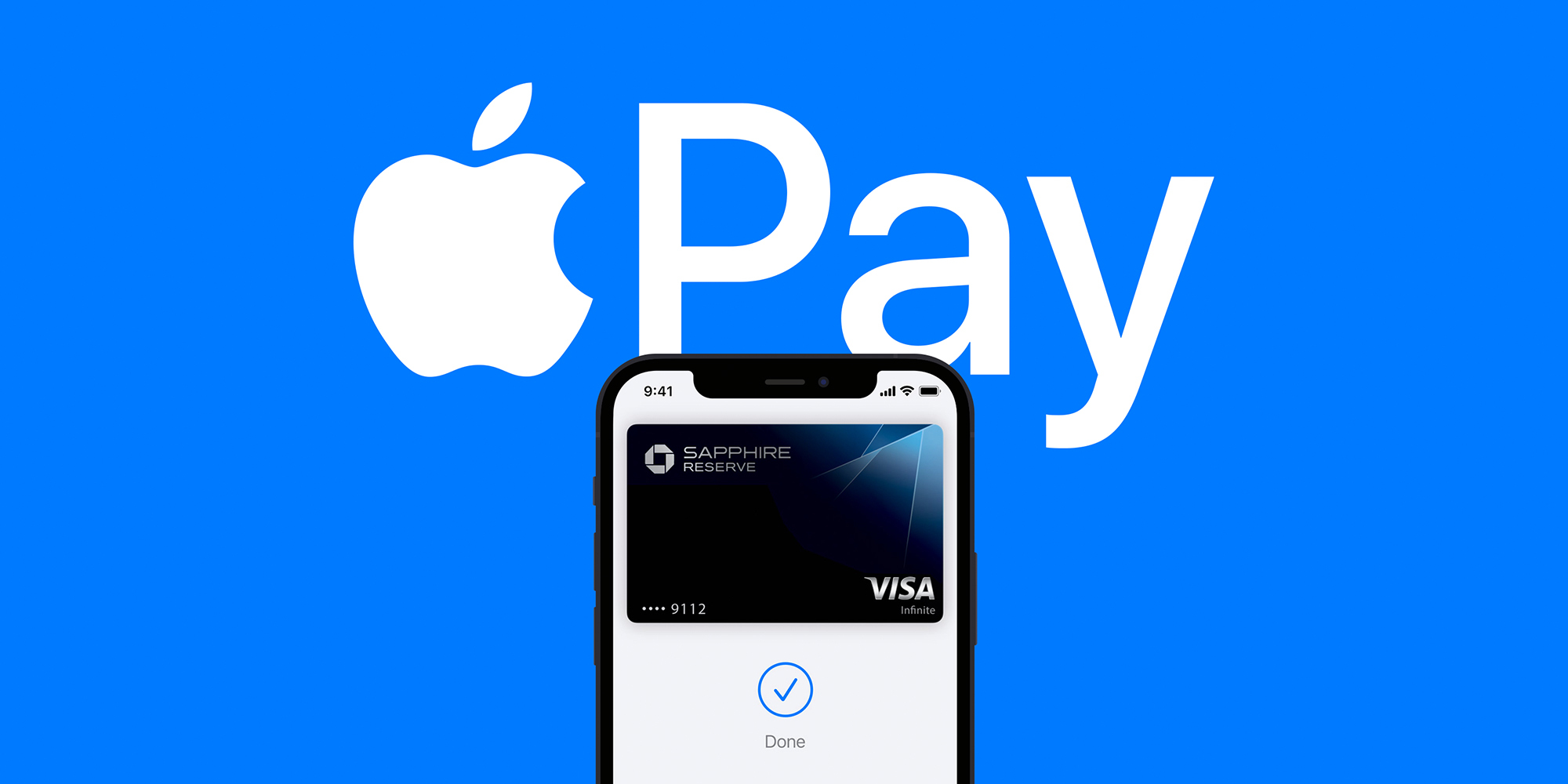
Tap to Pay on iPhone: the dawn of a new era
A big change happened in 2022, when Apple introduced Tap to Pay on iPhone. This API turns the iPhone into a payment terminal, so that banking apps can be used to receive contactless payments via another phone or NFC card. And although using this API requires approval from Apple, it doesn’t rely on a special partnership like Apple Pay does.
For the first time, Apple has expressed its willingness to open up the iPhone’s NFC to payment platforms other than its own.
At the same time, the Digital Markets Act (DMA) antitrust legislation in the European Union forced the company to let developers use the iPhone’s NFC reader more freely. And this happened with iOS 17.4 earlier this year, but only for apps released in the EU. But now Apple is bringing these changes to the rest of the world.
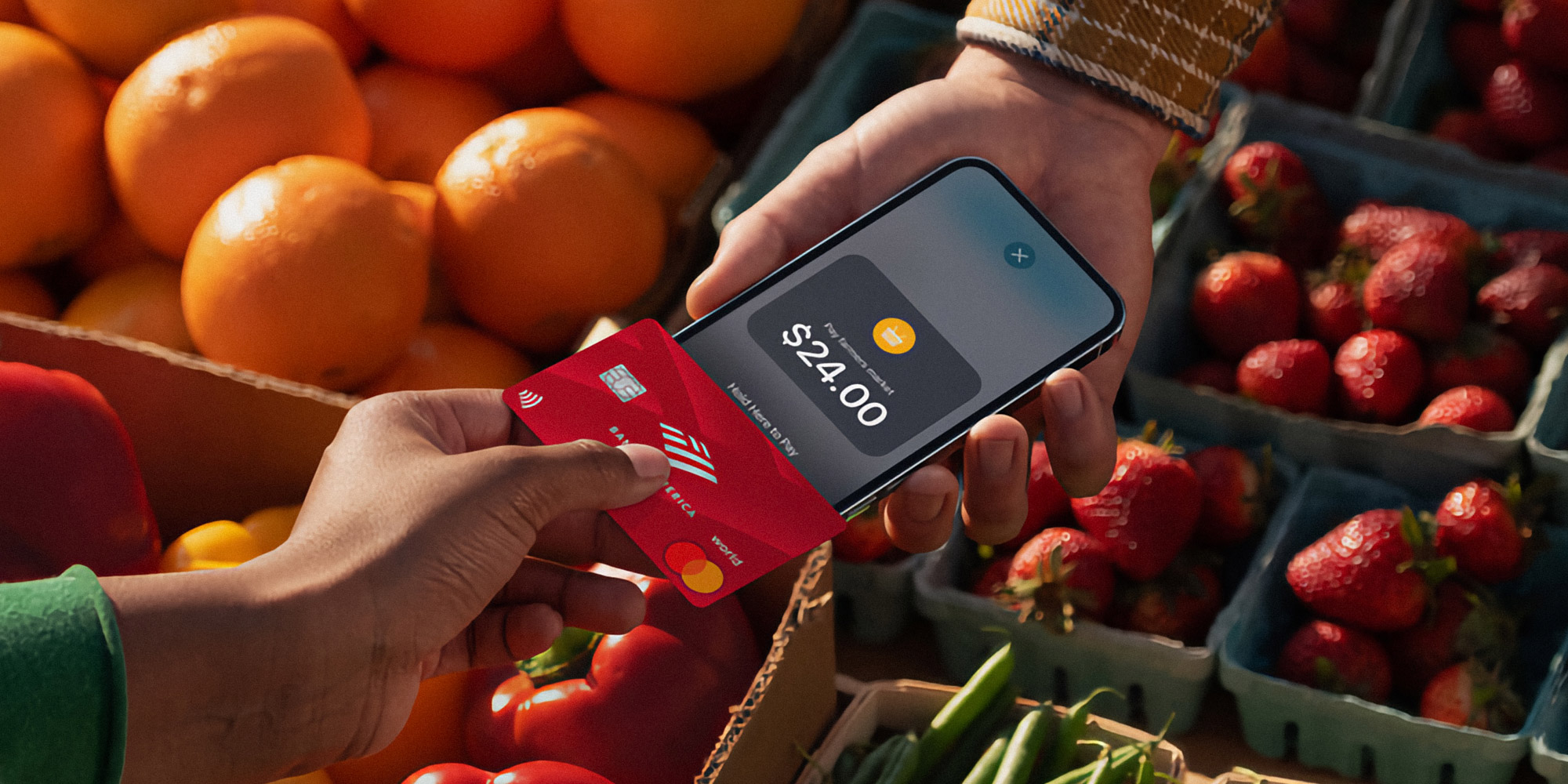
Here’s what developers can now do with NFC on the iPhone
With the new NFC & SE Platform API, most of the things that are currently exclusive to the Apple Wallet app will also be available to third-party apps. This includes NFC transactions, digital keys for doors and cars, IDs, and even tickets.
For example, a bank in a region where Apple Pay is not officially available could implement its own contactless payment solution in its iPhone app. A transit operator could launch its contactless payment solution right on the App Store, without having to work directly with Apple. Similarly, a developer could launch a digital wallet to compete with Apple Wallet for iOS.
These are all the use cases supported by the new API:
- Payments
- Car keys
- Home keys
- Hotel keys
- Transit cards
- Corporate badges
- Student IDs
- Merchant loyalty and reward cards
- Tickets (coming at a later date)
- Government IDs (coming at a later date)
Apple says that the API takes advantage of the iPhone’s Secure Enclave to ensure that all data is managed privately. In addition, users will have the option of choosing another default NFC app, replacing the Apple Wallet app when they press the side button twice.
The API will first be rolled out to developers based in Australia, Brazil, Canada, Japan, New Zealand, the United Kingdom, and the United States. Developers will have to ask Apple for special permission in order to use the API, and the company will evaluate each request individually.
Still, this is great news for both developers and iOS users. More details about the NFC & SE Platform API can be found on the Apple Developer website.
FTC: We use income earning auto affiliate links. More.

 3 months ago
26
3 months ago
26
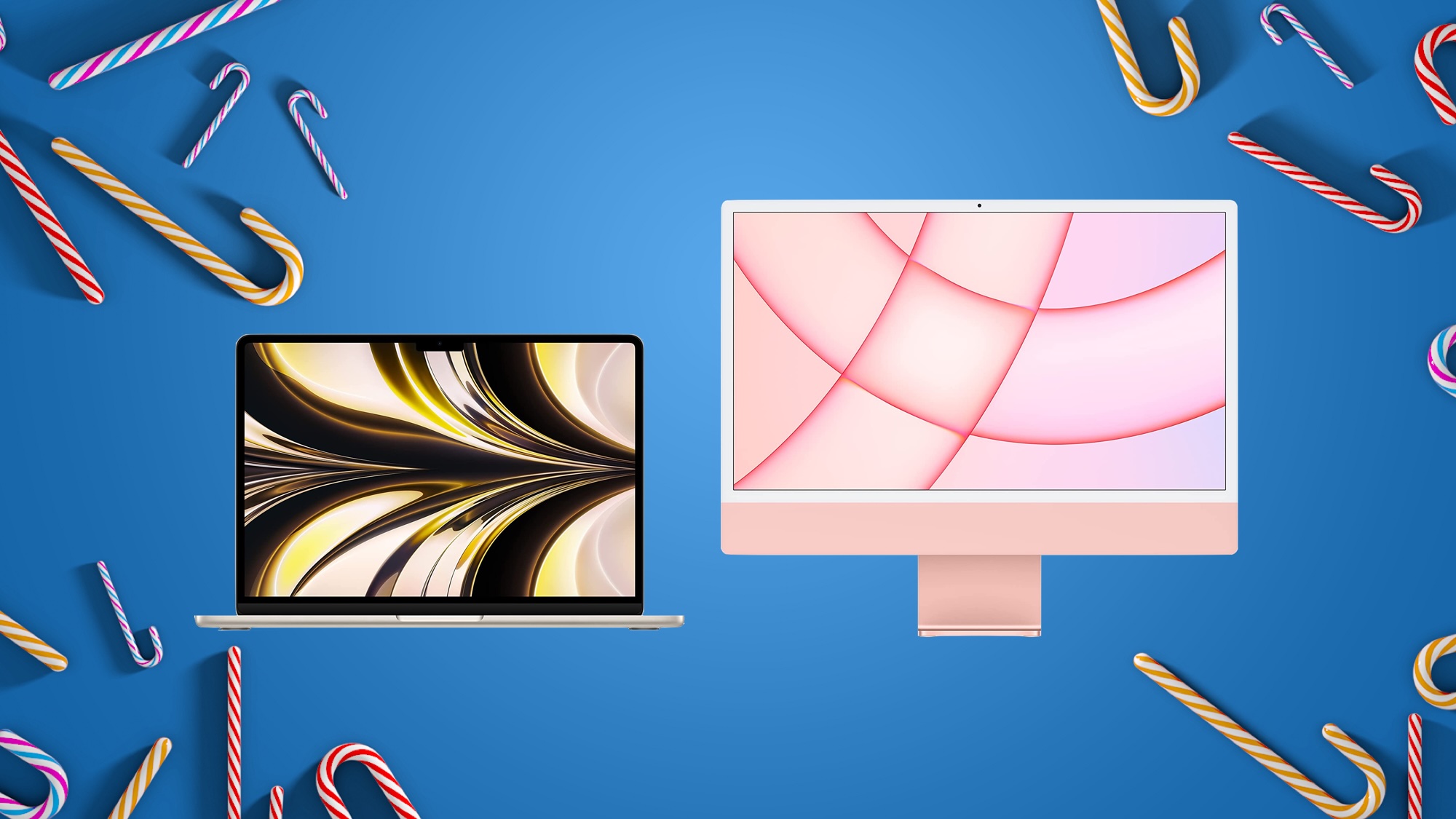
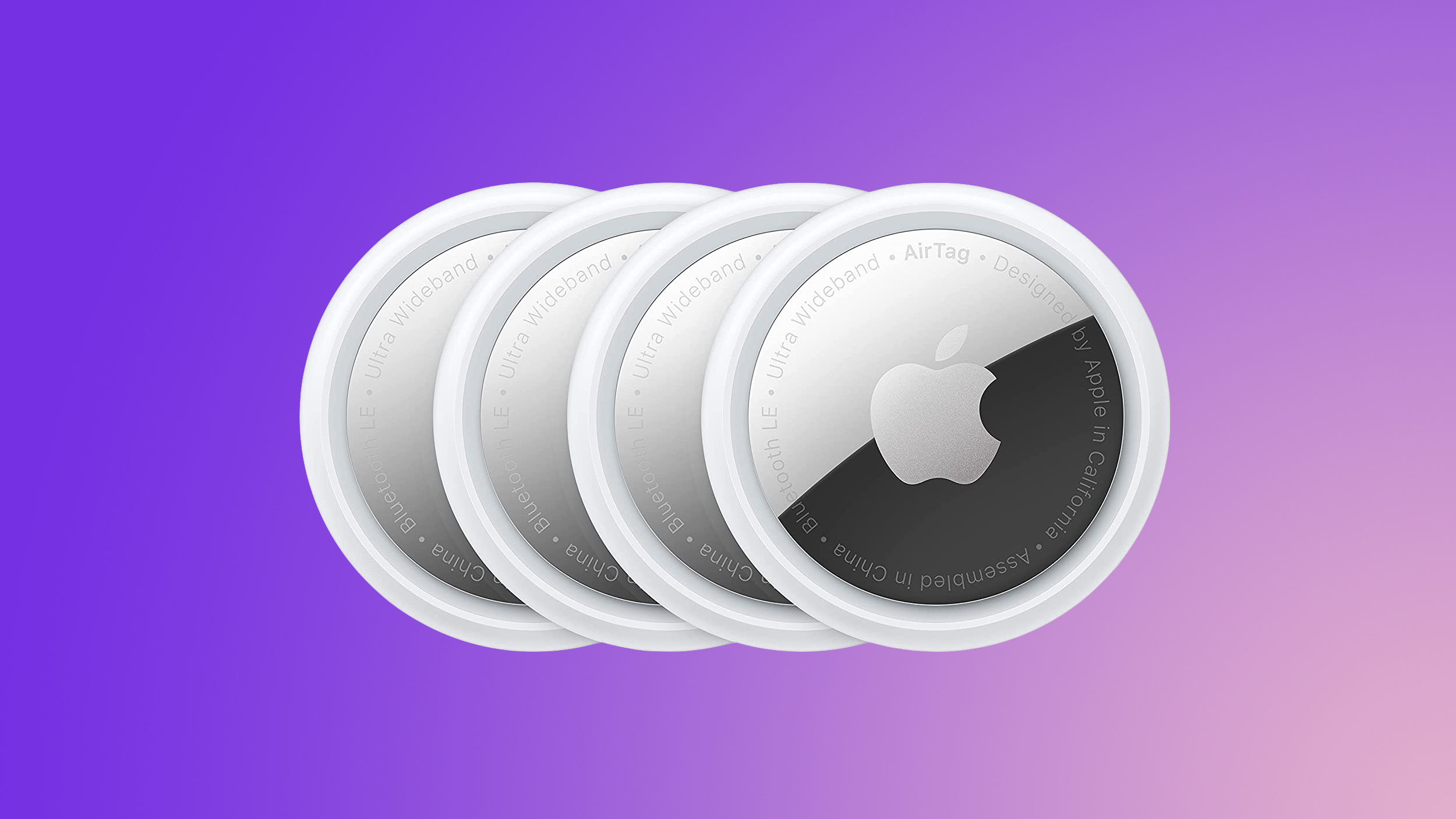





 English (US) ·
English (US) ·